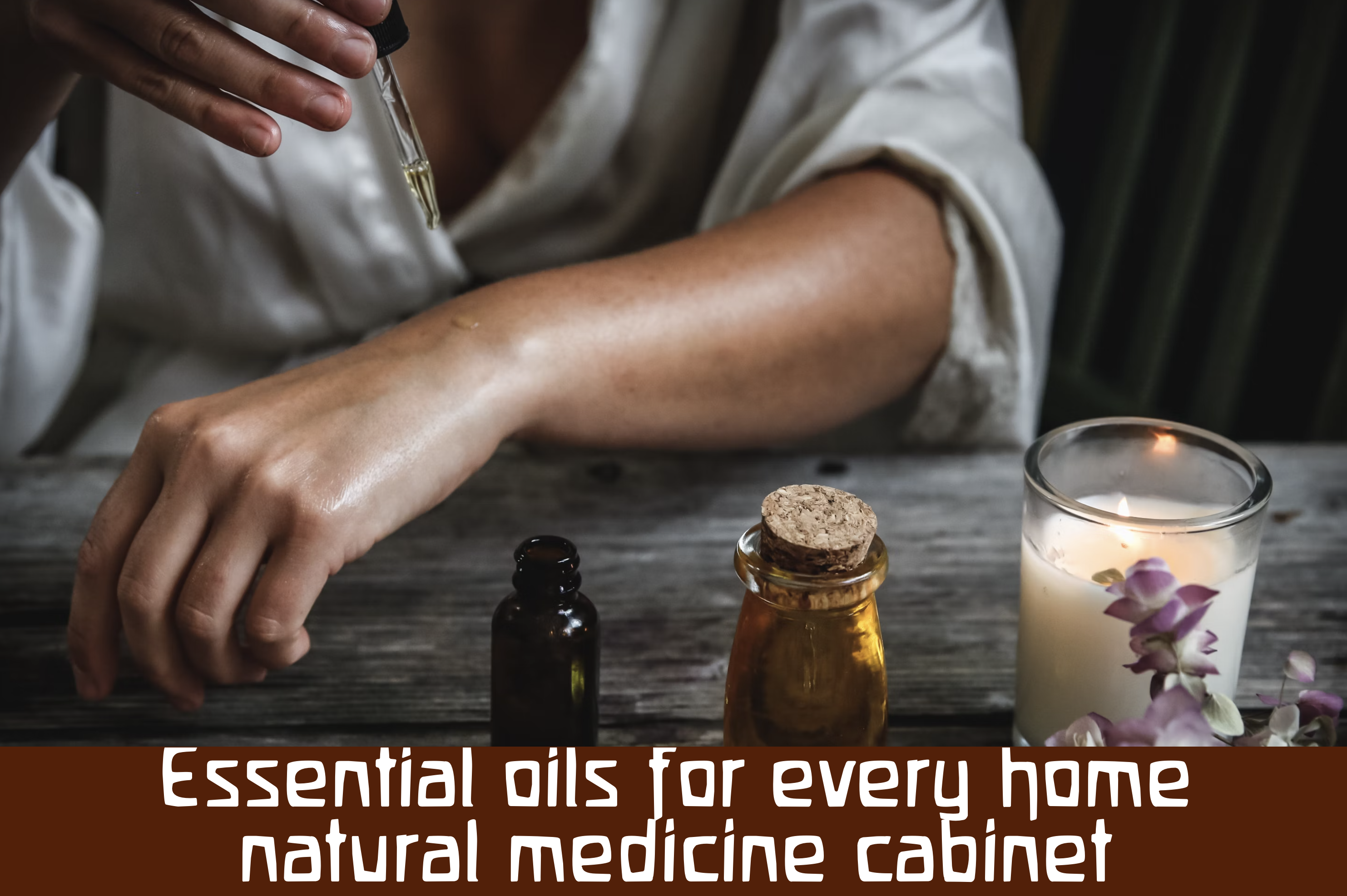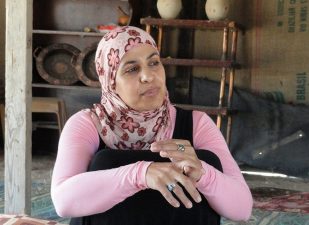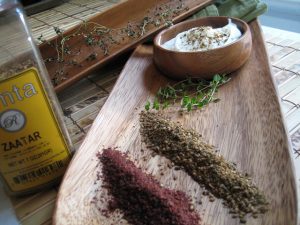Those cute little bottles of essential oils that you see in health food stores contain powerful medicine. Here are 11 essential oils (eos) that you should always have in your medicine cabinet. From mundane tasks like eliminating household odors, to healing yourself, and to making time special time with a partner even more special, eos are there to help.
Quick list of essential oils:
- Organic lemon oil
- Tea Tree Oil
- Organic lavender oil
- Bergamot oil
- Roman Chamomile
- Peppermint essential oil
- Rosemary essential oil
- Sweet basil essential oil
- Rose absolute oil
- Ylang Lang oil
- Ginger oil
Eliminating odors:
Lemon essential oil. Keep your refrigerator smelling clean: deodorize it with lemon essential oil. Mix 15 drops of lemon essential oil into a box of baking soda.
Keep the box open and stash it in the back of the fridge, where it’s less likely to spill. Replace the lemon/baking soda once a month.
Tea Tree Oil. Deodorize smelly shoes: Fill two old (clean) socks with baking soda. Mix 5 drops of tea tree oil (melaleuca alternifolia) into each full sock. Tie the socks shut with string or rubber bands. Fit them into the shoes and keep them there for a few hours or overnight. Moisture in the shoes will be absorbed by the baking soda, while the tea tree oil clears away odors and even helps to reduce bacteria.
Our Green Guide To Natural Home Cleaning Products talks more about using essential oils in the home.
Healing skin:
Tea tree oil. Best known as an antifungal, 3-4 drops of tea tree oil swirled into a teaspoon of neutral lotion or salve helps eliminate athlete’s foot.
Shake up your full shampoo bottle with 3 drops of tea tree oil and see how it helps get rid of dandruff. Note: don’t use tea tree oil if you have eczema or psoriasis.
Lavender (lavanda officinalis) heals minor burns. Called “the Swiss Army Knife of essential oils,” lavender has multiple uses for health and beauty. It’s also the one essential oils that you can apply directly to the skin, although never in great quantity. In the case of minor household burns, a thin film of lavender essential oil stops the pain and helps the skin to heal amazingly quickly.
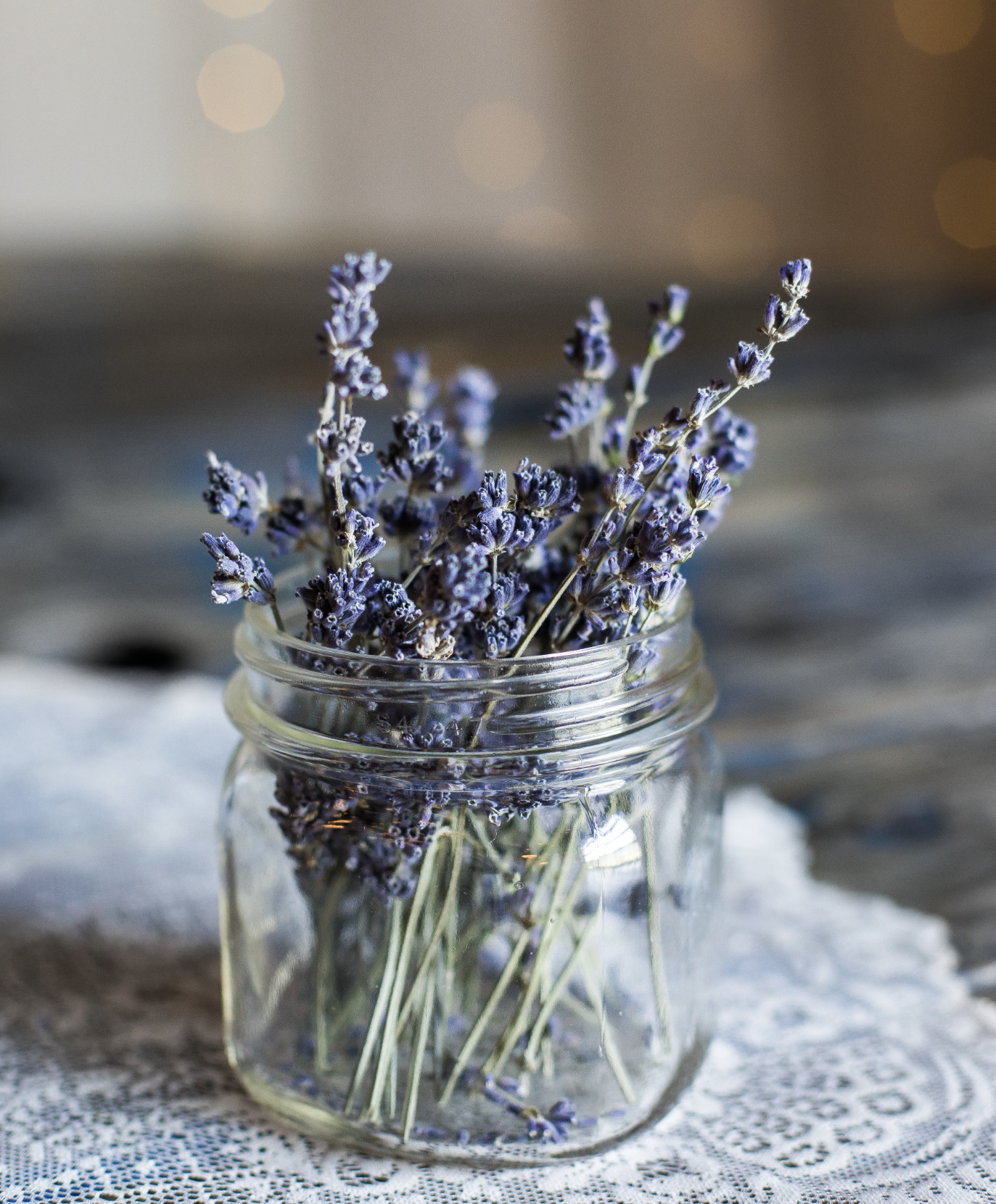
Lavender is the Swiss army knife of essential oils
For deep skin cleansing, make your own fragrant sugar scrub. And here’s how to make your own natural cosmetic cream perfumed with a floral essential oil.
Eessential oils for improving mood and relieving stress:
Use essential oils to relieve stress after a high-pressure day. Massage is the preferred method but it also helps to drop some into a diffuser. You don’t need to spend time and money on professional massage either, wonderful as it is: massaging your own feet and legs, hands and arms with eo-perfumed lotion is effective too. Just don’t jump up and get busy right away; give yourself at least 10 minutes of rest following your self-treatment.
Lavender, again, helps you relax and even makes you drowsy. A good oil to put into a diffuser in the baby’s room. Note: use only 1-3 drops of any essential oil when treating children, and make sure the room is well ventilated. See the note at the end of this post about eos for kids. It goes without saying to make sure all the baby’s needs have been met in the first place.
Bergamot (Citrus bergamia). Studies conclude that Bergamot essential oil relieves anxiety and stress, either inhaled from a diffuser or incorporated into lotion and massaged into the hands. I’d say, massage the feet and legs with it too.
Roman Chamomile (Chamaemelum nobile) has been used in its flower form as a relaxing tea for centuries. The essential oil helps loosen stress in massage or inhalation via diffuser. Wonderful, diluted into good oil, to massage a cranky baby. Or teenager. Or partner.
Essential oils for energy and focus:
Keep a bottle of Peppermint (Mentha piperita) or Rosemary oil in your desk drawer to sprinkle into a diffuser. Both, alone or in combination, wake you up and energize you.
Sweet Basil (Ocimum basilicum) helps clear brain fog. Your office colleagues may appreciate the benefit of Basil as it wafts towards their cubicles.
Essential oils as aphrodesiacs
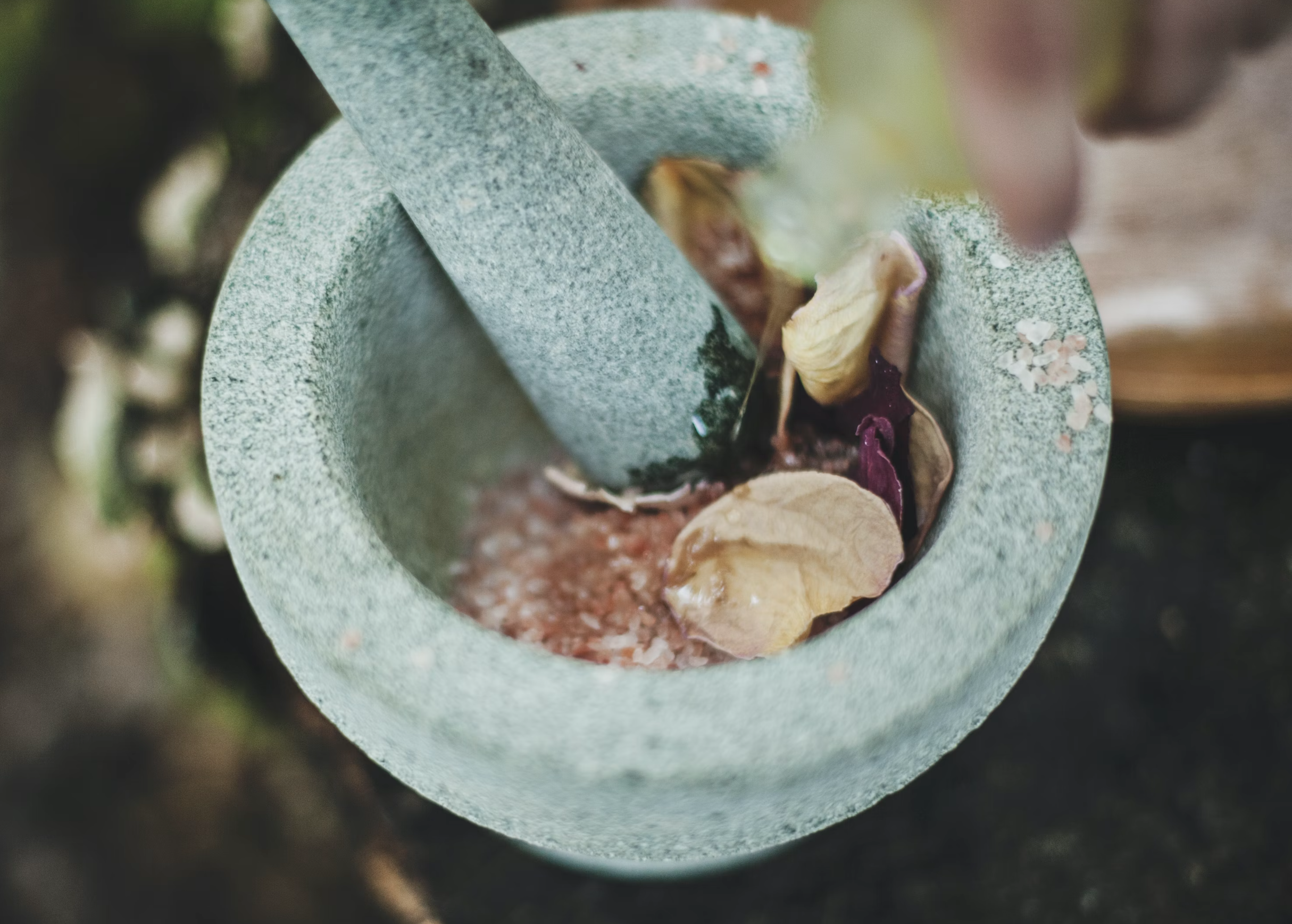
Sweet-smelling Rose, Ylang-Ylang and Jasmine oils have relaxing properties that open the senses to pleasure. Put some into a bedroom diffuser, or massage your partner with lotion imbued with one of those e.o.s.
How to use essential oils
How to tell if the essential oil in the shop is worth buying: A high-quality essential oil is always bottled into dark glass, to prevent light exposure. Don’t buy oils displayed on a sunny shelf; light causes deterioration. In the same way, you should keep essential oils away from light at home.
Another sign is some Latin on the label. If the rosemary oil you’re looking at reads “Rosemary Essential Oil” with “Rosmarinus officinalis” underneath, you can be confident that the manufacturer took their work seriously.
Essential oils are the powerful expressions of medicinal plants and are toxic if used unwisely. It’s not safe to apply them undiluted to the skin, with the exception of lavender. Do not swallow essential oils! Keep the bottles in a child-safe place.
For topical applications
Swirl the chosen eo into a carrier oil, lotion or water. Use no more than 3 drops of e.o. per teaspoon of preferred carrier. For massaging children from 5 years old and adults, 1 drop per teaspoon is enough. To treat babies and toddlers, dilute it further: use 1 drop in 4 teaspoons of carrier oil.
Diffusers, steam tents and baths:
Diffusers disperse the oils in the air. You benefit from inhaling the steam in the room. Make sure the room is ventilated.
For sinus and respiratory therapy, specific eos are mixed into a bowl of hot water for a steam tent; or mixed with bath water. This requires professional advice, or advice taken from a reputable book.
Eos are useful as compresses.
For painful joints (use Ginger eo), or use one as a poultice for minor wounds, acne and chafed skin (use Sage). Dilute the oil in warm, not hot water. Dip a thin, clean cloth into the basin and apply it. Leave for 10 minutes. Put a hot water bottle over the damp cloth if wanted (not on the face or head).
Essential oils have been around for thousands of years. The ancient Egyptians, Chinese, Indians and Persians knew how to extract these oils from plants, and traded in them. Modern aromatherapy refined the manufacture of essential oils and uses them in many applications for health and beauty. Hundreds of essential oils exist. To know more about them and their uses, buy or borrow some good books on the topic.
This article recommends using essential oils for minor ailments only. It doesn’t replace advice from a qualified aromatherapist or a doctor for treating serious illness.

